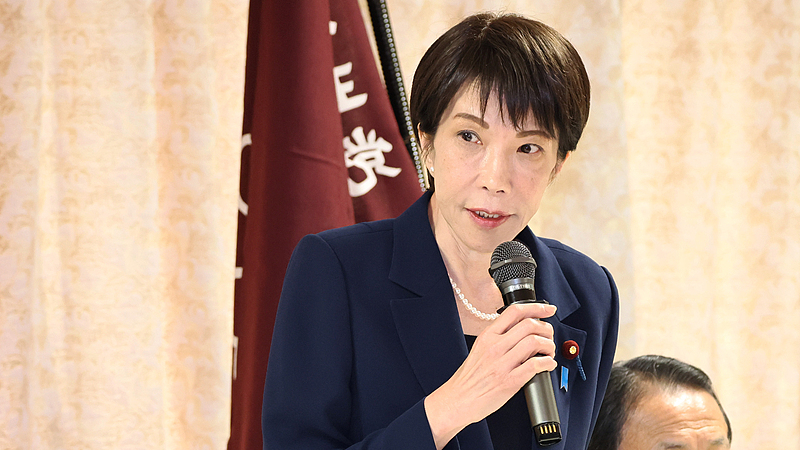In a significant development, recent visits by European officials to Beijing underscore a renewed commitment to strengthening China-Europe relations. High-profile figures, including Dutch Prime Minister Mark Rutte and French Foreign Minister Stephane Sejourne, have engaged in discussions aimed at enhancing cooperation across various sectors.
According to Chen Yang, executive director of the Institute of European Studies at the China Institutes of Contemporary International Relations, the ongoing dialogues are essential to addressing the impacts of the COVID-19 pandemic and the Russia-Ukraine conflict, which have strained bilateral relations. \"Events such as these have created misunderstandings and prejudices that urgently need to be resolved through communication,\" Chen emphasized.
Despite these challenges, China and Europe share broad common interests, particularly in economic and trade exchanges and global governance. Dutch Prime Minister Rutte highlighted that decoupling from China is not a policy option for the Netherlands, emphasizing that harming China's development would ultimately hurt the Netherlands itself.
Adding to the diplomatic momentum, top climate envoys from the European Union, including representatives from Germany, France, Denmark, and the Netherlands, recently visited Beijing to engage in unprecedented talks on climate change with Chinese counterparts. This collective diplomatic effort signals a deepened focus on global environmental issues.
However, the strengthening of China-EU ties occurs alongside increasing coordination between EU countries and the United States on economic and trade protectionism. Analysts suggest that ideological differences and internal economic and social challenges within Western countries are contributing factors.
In Europe, rising income inequality and concerns over \"unequal competition\" have led some politicians to attribute economic pressures to China's low labor costs and government subsidies. Despite these tensions, EU members are keen on maintaining balanced relationships, seeking to engage with both China and the United States without taking sides.
Chen Yang notes that while China and the U.S. have distinct strategic objectives concerning Europe—with the U.S. aiming to preserve the status quo and China focusing on incremental growth and future developments—the EU's efforts to engage with both major powers reflect a commitment to fostering stable and cooperative international relationships.
Reference(s):
Expert: China, Europe 'have much to say and much that can be said'
cgtn.com



